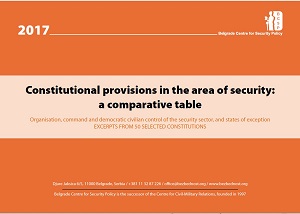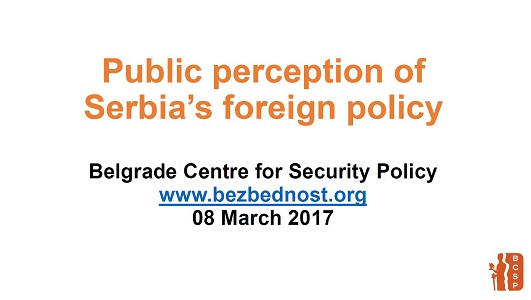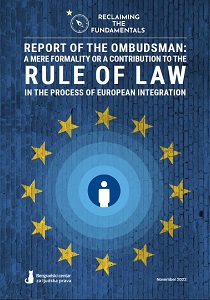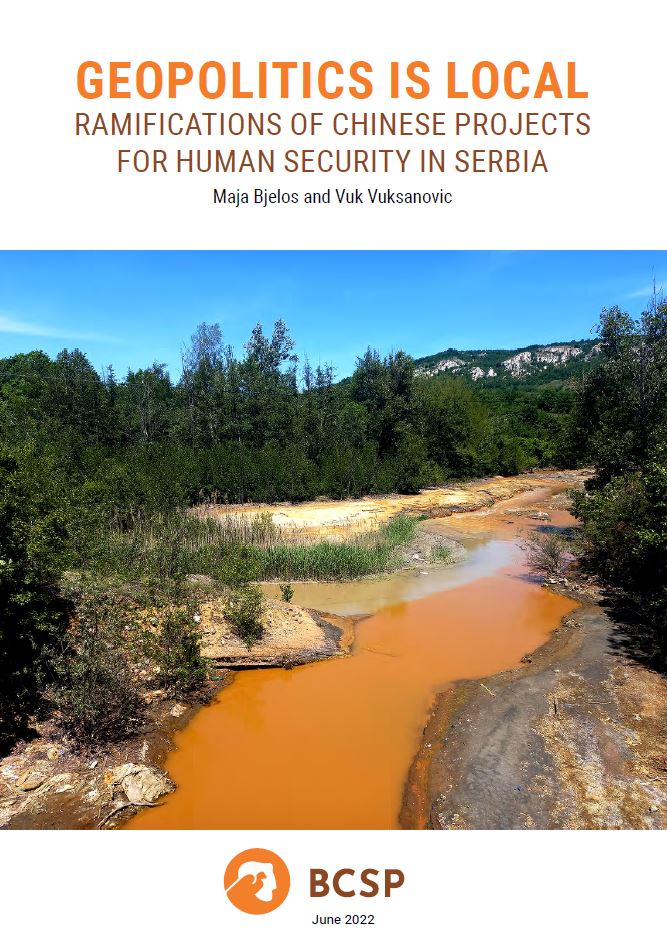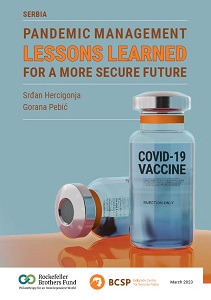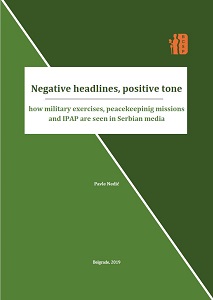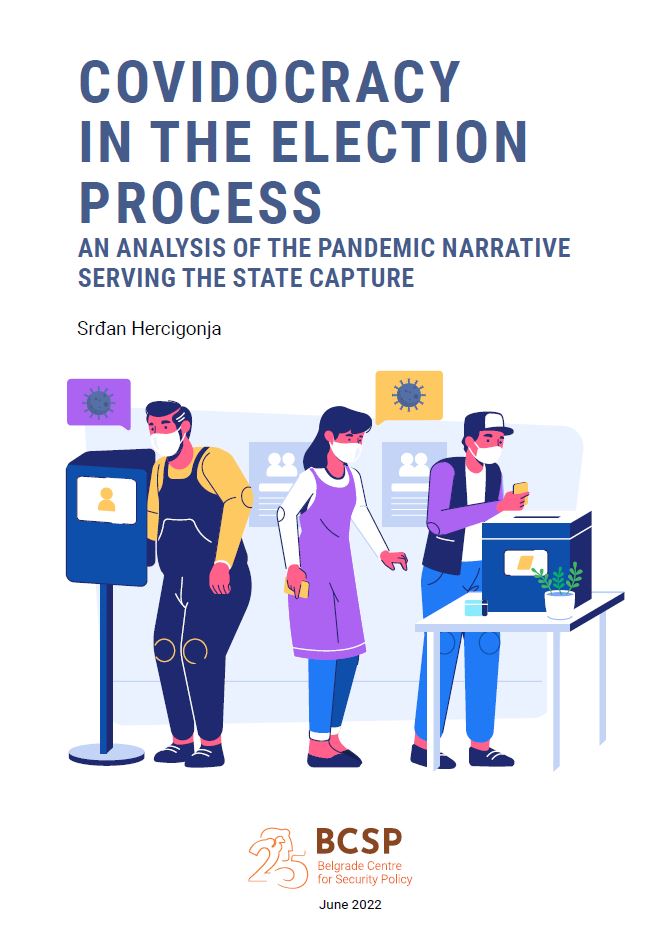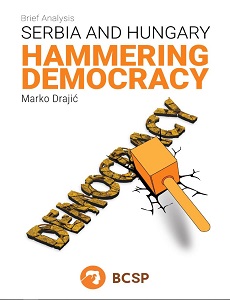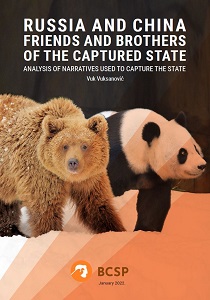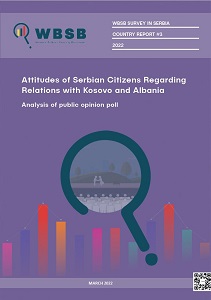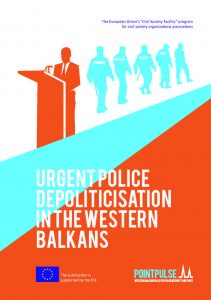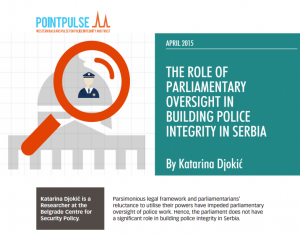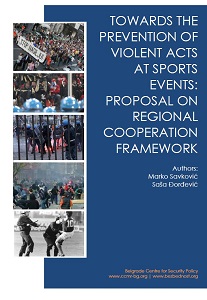
Towards the Prevention of violent Acts at Sports Events: Proposal on a regional Cooperation Framework
Since 2000 until today seven people were killed due to the sports violence in Serbia. Over the last two years the incidents of violence at and before sports events have generated political, academic and media debate. Incidents at the Genoa stadium Luigi Ferraris jointly with the incidents during the Pride Parade have just “spiced up” the current debate. Additionally the presidents of Croatia and Serbia came with the initiatives to establish joint regional football compe¬tition, similar to the one already existing in basketball, and to co-host the 2020 European Football Championship. Yet, the sport of such international character as football is generates considerable “degree” of insecurity, particularly in this region. Incidents are constantly repeated, not only as random or organized acts of violence but also in the form of different criminal activities. This paper places an emphasis on the prevention of violence. The aim of the paper is to stir public debate about the lack of regional co-operation framework in the fight against hooliganism and violence at the sports events. In that regard, we made a brief analysis of the current situation with the focus on the mechanisms of prevention, which are already in place within EU and other European countries. Finally, we propose the model of the regional co-operation framework. The essence of our idea is to establish an additional, eighth Task Force in the current SECI Centre organisational structure, with its HQ in Bucharest. We have named it Task Force on Prevention of Violence at Sports Events. In order to achieve this goal, it is necessary to build capacity through appoint Laison Officers that will be in charge of this metter within NFP of the SECI Centre member states. We emphasize that our idea is not to set up a new regional body for strengthening cooperation in the areas of justice and internal affairs; although there is a tendency among the Western Balkan countries to do so (we refer to the initiatives of Bosnia and Herzegovina and Serbia and Croatia). Our goal is to build up on the already existing institutional framework of cooperation.
More...
